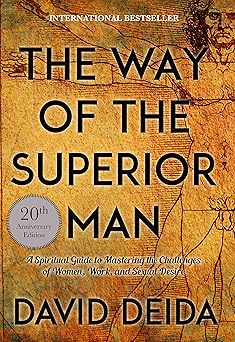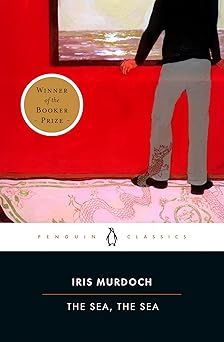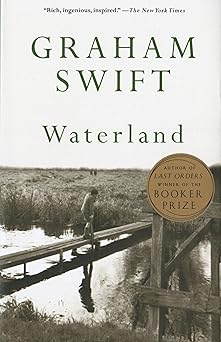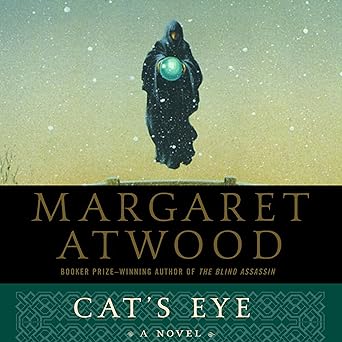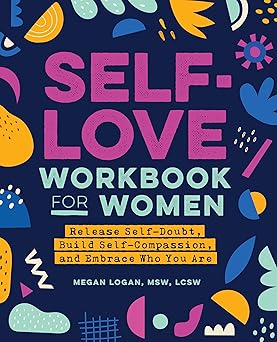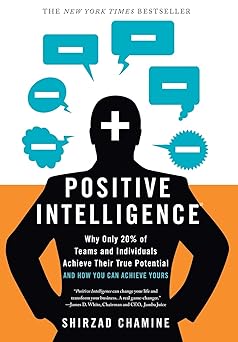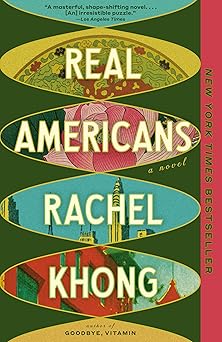
This novel tells the story of three generations of a Chinese American family and their struggles with identity, class, and belonging. It begins with Lily Chen, a 22-year-old who falls in love with Matthew, a wealthy and charming man from a prominent pharmaceutical family. The novel then shifts to 15-year-old Nick Chen, Lily's son, who becomes determined to find his biological father and uncover the truth about his family's past.
As the story unfolds, the novel explores themes of class and striving, race and visibility, and family and inheritance. Through the characters of Lily, Matthew, and Nick, the author examines the complexities of American identity and the ways in which our past shapes us. The novel is a rich and immersive exploration of the human experience, tackling big questions about the nature of destiny and the role of genetics in shaping who we become. With its well-developed characters and nuanced prose, this novel is a powerful exploration of the American dream and the challenges of living up to it.
The novel's exploration of class and privilege is particularly striking, as it highlights the ways in which wealth and status can both unite and divide people. Through the character of Matthew, the author shows how even those who seem to have it all can be hiding secrets and struggles of their own. Meanwhile, the character of Nick represents a new generation that is grappling with the legacies of the past and trying to find their own way in the world. Ultimately, the novel suggests that our destinies are not fixed, but rather shaped by the choices we make and the relationships we form. Despite its complexity, the novel is exuberant and explosive, making it a compelling and thought-provoking read.
I just finished reading a novel that has left me feeling deeply moved and contemplative. The story revolves around a Chinese American family and their struggles with identity, class, and belonging. The protagonist, a young Chinese American woman, falls in love with a man from a prominent pharmaceutical family. As the story unfolds, we see how this love affects not only the couple but also the family dynamics, particularly in the next generation.
The author skillfully weaves together different narrative threads to explore themes of class and striving, race and visibility, family and inheritance. Through the characters of the three generations, we see how their choices and experiences shape their lives. The author's portrayal of the intricate web of relationships within the family is both nuanced and profound. The struggles of the main character, who is caught between two worlds and two families, are deeply relatable. I couldn't help but think of my own experiences growing up and trying to navigate different cultures. I felt a sense of solidarity with the protagonist, even though our lives are vastly different.
One of the things that struck me most about this novel is its ability to balance big questions with everyday moments. The author explores the idea that our sense of belonging and identity is shaped by our choices and relationships, rather than being fixed by our genetics or circumstances. The novel shines a light on the complexities of the American dream and the challenges of living up to it. The author's prose is evocative and immersive, drawing the reader into the world of the characters. Despite its complexity, the novel is incredible and expansive, full of unexpected twists and turns.
Rating: 4.6 / 5.0
I just finished reading a novel that has left me feeling deeply moved and contemplative. The story revolves around a Chinese American family and their struggles with identity, class, and belonging. The protagonist, a young Chinese American woman, falls in love with a man from a prominent pharmaceutical family. As the story unfolds, we see how this love affects not only the couple but also the family dynamics, particularly in the next generation. The author skillfully weaves together different narrative threads to explore themes of class and striving, race and visibility, family and inheritance. The struggles of the main character, who is caught between two worlds and two families, are deeply relatable. I felt a sense of solidarity with the protagonist, even though our lives are vastly different. The author's portrayal of the intricate web of relationships within the family is both nuanced and profound. The novel balances big questions with everyday moments, exploring the idea that our sense of belonging and identity is shaped by our choices and relationships.
